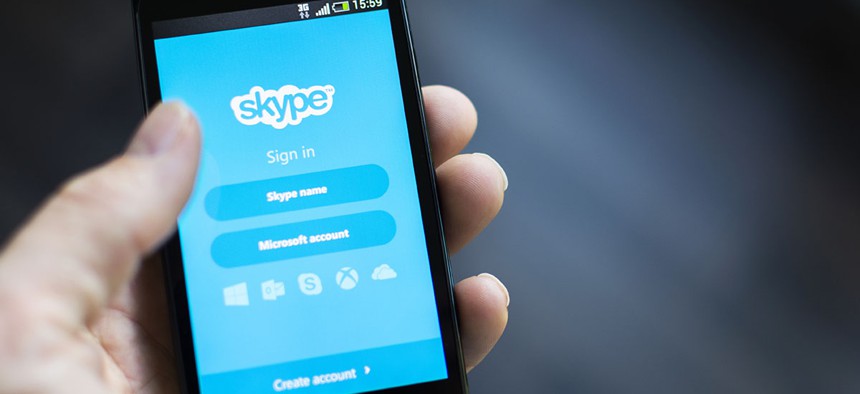Egypt Is Blocking Voice Calls Made Over Social Media Apps

Twin Design/Shutterstock.com
The key reason is ostensibly security concerns, but there’s also a suspicion there are economic incentives.
Egypt has disrupted voice over internet protocol (VoIP) services this week for users who use messaging apps like Apple’s FaceTime, Viber, Skype, Facebook Messenger and WhatsApp.
The key reason is ostensibly security concerns, but there’s also a suspicion there are economic incentives for local telcos who have complained to regulators about free calls via such apps.
The partial disruption comes on the back of a three-month nationwide state of emergency after terrorist attacks on Palm Sunday (April 9) killed 47 people in two churches. The regressive emergency law allows authorities sweeping powers including monitoring personal communications without judicial oversight and shuttering media outlets.
Sinai, which has also seen a spike in attacks by Islamic State (IS) recently targeting a checkpoint near the historic St Catherine’s monastery, was also off the grid yesterday with 3G networks and mobile phones shut down for hours as a security operation targeting insurgents took place.
The National Telecommunications Regulatory Authority (NTRA) vehemently denied (Arabic) that it was disrupting the services noting, “there is no truth to the rumours circulating”. Quartz contacted the NTRA several times to seek a comment but was unable to reach them.
Late last year, Egypt also blocked the highly encrypted app Signal forcing users to download a virtual private network (VPN) program as with this month’s partial block – messaging still works without a VPN.
Ahmed Abdel Naby, 23, administrator of Internet Revolution Egypt Facebook page boasting over a million followers told Quartz “the latest blocks shows that the authorities are melding national security and business concerns. At this rate, no one will be able to make calls freely”.
A controversial cyber-security law has been on the books for a few months and the NTRA has signaled its tacit support for it. Earlier this month, an Alexandria lawyer was sentenced under a newly legislated counter-terrorism law to ten years in prison and a five-year ban from using the internet for Facebook posts deemed insulting to president Abdel Fattah El Sisi.
The economic argument that has been put forward by the regulator and other Egyptian telecommunications providers before maintains that customers’ calls should be charged and that users are ‘free-riding’ by using internet data.
“Our demands are simple: we want quicker and affordable internet without constant disruptions so we can be like other countries that respect freedom of expression” Abdel Naby said. “The government cannot keep on using terrorism as an excuse to disrupt apps”
The most populous Arab country has one of the slowest internet speeds worldwide ranking in the bottom five countries for broadband and 95thfor mobile.
Egypt is the latest African country disrupting internet services in recent months following in the footsteps of Cameroon and Morocco.





